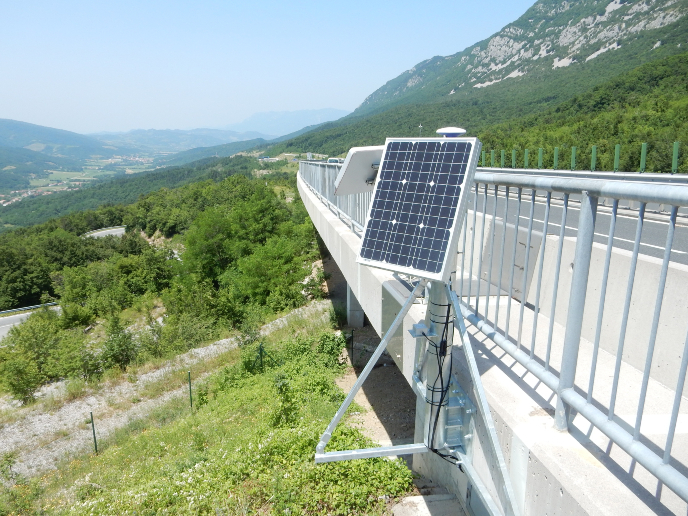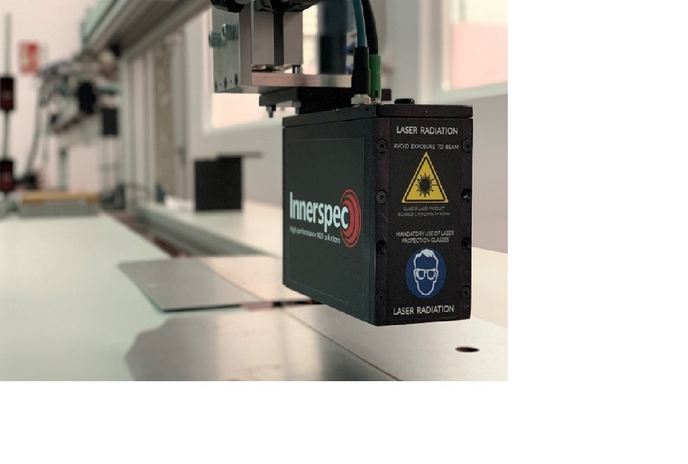Sound reveals the ocean's secrets
The European Commission has identified marine research as a cornerstone of future maritime policy. Therefore, scientists are studying the vital role that the oceans play in forming the climate, the carbon cycle and life on Earth. Funded by the EU, the 'Oceanic exploration with seismic reflection data' (OCEANSEIS) project employed an acoustics technique called seismic oceanography (SO) to investigate the physical properties of oceanic water. SO has traditionally been used for geological surveys and is based on the multi-channel seismic (MCS) reflection technique. The first SO surveys employed standard equipment and parameters originally designed for geological purposes. The MCS instrumentation and processing techniques were adapted for oceanographic use since oceanic exploration is shallower, concentrating acoustic energy at higher frequencies than required for geological exploration. Research was carried out to find the most suitable method for processing SO data. The results were used to create maps of temperature and salinity to a depth of 10 m and covering hundreds of kilometres. This provided a better understanding of the mixing processes within the ocean and the forces that control them, enabling nutrients and energy to be transported around their globe. Project partners also conducted new surveys and processed fresh data that showed the fine structure of shallow eddies on the north-eastern coast of the Pacific Ocean. It also revealed the detailed structure of temperature and salinity (thermohaline) circulation in the Mediterranean and the outflow of Mediterranean water through the Strait of Gibraltar. OCEANSEIS will contribute to oceanic observation and provide new knowledge regarding thermohaline circulation, interaction between oceanic scales and mixing processes. This will have a significant impact on material and nutrient transport, and heat and energy transport. Data from the OCEANSEIS project will make a valuable contribution to scientists' understanding of the oceans. It will contribute to their understanding of pollution dispersion and detection of contaminants such as oil spills. The research conducted by OCEANSEIS is relevant to fishery policymakers, environmental policymakers and physical oceanographers. It will increase knowledge of oceanic modelling, climate change, developing a sustainable fishing industry and renewable energies.







